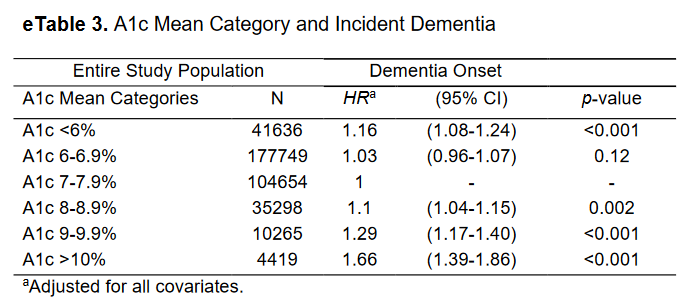A_User
#153
It would still be pretty much irrelevant.
ng0rge
#155
This is my concern. I feel perfectly healthy and I think it’s normal aging but certainly there are 4 things I would like to function like they did 10-15 years ago. 1) Eyesight 2)Hearing 3)Sense of Smell/Taste 4)Mental Acuity
Mental sharpness does seem to fluctuate and I’m not sure why…but 6-8 months ago, I had a period - a month or so - of extreme mental sharpness when memory retrieval was instantaneous. Whether it was supplements or something else, I don’t know, but certainly no big lifestyle/diet/sleep changes. Mental decline seems like a normal thing even without any dementia. Using your brain certainly helps but memory retrieval always declines some, doesn’t it?..if you live to be very old.
4 Likes
Systems genetics identifies methionine as a high risk factor for Alzheimer’s disease …suggesting that lowering methionine levels in humans may be a preventive or therapeutic strategy for AD
related
Methionine is an essential amino acid found in rich quantities in average American diet such as meats, fish and eggs. Excessive consumption of such food often exceeds the normal requirement of the methionine in our body; which found to be related to the development of neurodegenerative disorders. However, the mechanistic pathways of methionine’s influence on the brain are unclear. The present study is focus on the effects of high methionine, low folate and low vitamin B6/B12 (HM-LF-LV) diet on the dysfunction of neuronal and vascular specific markers in the brain.
High methionine, low folate and low vitamin B6/B12 (HM-LF-LV) diet causes neurodegeneration and subsequent short-term memory loss - PMC.
Cystinuria_handout.pdf (377.2 KB)
4 Likes
Neo
#159
2 Likes
adssx
#161
Low HbA1c (<6%) was associated with higher risk of dementia!
We also analyzed the association between mean HbA1c and ADRD risk. Participants were categorized based on mean HbA1c during baseline (<6%, 6%-6.9%, 7%-7.9% [reference], 8%-8.9%, 9%-9.9%, ≥10%). In unadjusted and fully adjusted models, lower mean HbA1c (<6%: HR, 1.16; 95% CI, 1.17-1.40) and higher mean HbA1c (≥8.0%) were significantly associated with increased risk of ADRD (eTable 3 in Supplement 1).
These results suggest that in addition to preventing hypoglycemia, maintaining higher HbA1c TIR over time may decrease dementia incidence.
1 Like
A_User
#162

A1C between 7-7.9% is healthiest then. I don’t believe it. Seems like another fake U-shape curve.
6 Likes
Josh
#163
Maybe a bunch of the people below that had diabetes and are on lowering medication?
Neo
#164
A lot of people with AD end up missing a lot of meals and being malnourished and low HbA1c?
Or are you saying you think 7 is actually better than 4.5-5 or even than 6?
1 Like
adssx
#165
No I’m not saying anything. My guess is that the group below 6 is including a lot of people with hypoglycemia who have a low HbA1c but a terrible glucose time in range. I’m not sure HbA1c is a good metric. The best might be glucose time in range (how much time in 4-6.7 mmol/L?), but you need a CGM for that.
3 Likes
Study examines effect of fish oil in older adults’ brains
Clinical trial finds statistically significant benefit for those genetically predisposed to Alzheimer’s
5 Likes
Omega-3 fish oil is a No-brainer IMHO. The majority of Americans are deficient. Everyone in my family takes it.
I take the NOW Ultra Omega-3 2g daily. I have never had a problem with it going bad. BUT…
Remember to keep it refrigerated if possible to prevent it going rancid.
It also reduces the chances of developing psychosis, so it makes sense that it would also help with AD.
2 Likes
Vitamin K may prevent (i.e. reduce risk of) cognitive decline
A new study from AlMaarefa University in Saudi Arabia indicates that vitamin K may help protect against “cognitive deterioration.” The new study, which was presented at the Experimental Biology meeting on April 5th, 2022, tested giving a vitamin K supplement to rats.
7 Likes
Neo
#169
I take it too. Do think it’s very important to not have it go rancid + to really go with a good brand and even then check your blood work for mercury / heavy metals.
And measure omega 3 index to not overdo it as their are some risks of A fib
4 Likes
A_User
#170
Is the risk of afib based on omega-3 index?
Neo
#171
@AnUser I meant that the index can help you know your levels so you are not overshooting and taking too much / more omega 3 that needed
A_User
#172
We know afib risk based on dosage, not omega-3 index, afaik?